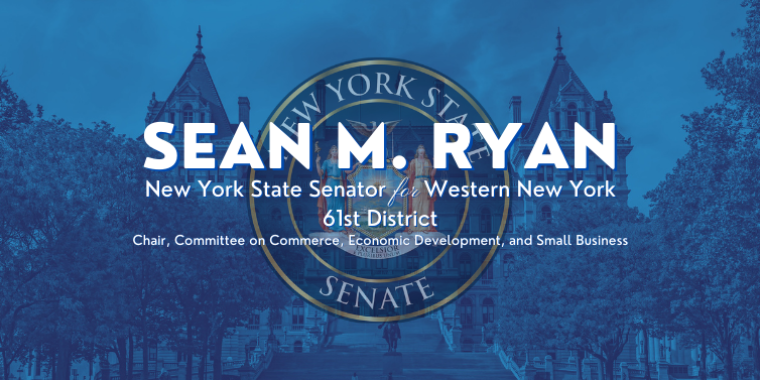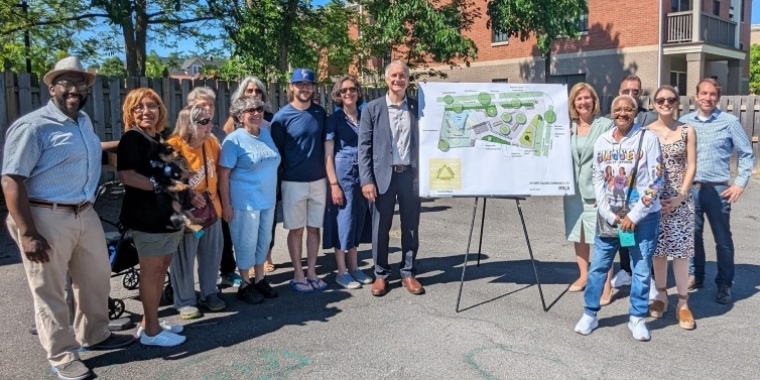
Op-Ed: State budget invests in improving affordability
Earlier this month, the State Legislature and Gov. Hochul finalized the state budget for the upcoming fiscal year. During budget negotiations, the Senate Majority was focused on building a better future for families across our state. While it was not an easy or a quick process, the 2023-2024 budget includes a wide range of measures to make living in New York more affordable while moving our economy forward.
One major way we did that was by raising the minimum wage. All workers in Western New York will make at least $16 per hour by the end of 2026, with future increases tied to the rate of inflation. Gone are the days of wage increases being wiped out by a rising cost of living.
Since all New Yorkers are feeling the squeeze of rising costs, we also made several investments in cutting costs for New York’s families. The Empire State Child Tax Credit was expanded to cover all children under 17, and we continued the lowest middle class tax rates in over 70 years. We also expanded eligibility for child care programs to make sure more families qualify.
We allocated $391 million to the Emergency Rental Assistance Program to help renters and landlords, and an additional $40 million to the Homeowner Protection Program. These critical services help thousands of New Yorkers in need stay in their homes.
One of the biggest concerns I heard from constituents during budget season was about the proposed plan to phase out the use of natural gas in homes during the coming years. Without a clear plan of how we would be implementing that transition without burdening homeowners with the costs to upgrade to electric heating appliances, I shared the same concerns about the idea. With that in mind, we worked to eliminate any changes to existing buildings in the budget.
However, we are still committed to a clean-energy future; all new buildings in New York will be all-electric by the end of 2028. My upstate colleagues and I heard the concerns of our constituents, and we included an exemption to permit fossil fuel-powered backup energy systems in new builds in recognition of the importance of backup generators in places like Western New York.
Education was another major concern for the Senate Majority. We increased funding for SUNY schools while rejecting in-state tuition hikes. The budget also provides $34 billion in school aid statewide, with a $102.3 million increase in aid for schools in the 61st Senate District. One of our proudest achievements this year is the expansion of our free school meal program. Each year, many families who are eligible for free or reduced-price meals don’t apply – whether it’s because they don’t know they were eligible, because of a burdensome application process, or because of a stigma that many parents and students do not want. We invested $135 million to provide an additional 294,000 students with free meals in the 2023-24 school year, with no need for their families to apply.
It was a long road, but this budget addresses the essential needs of our region. It expands affordability measures, boosts education, supports our local small businesses and creates programs that will benefit the people of Western New York for years to come.

